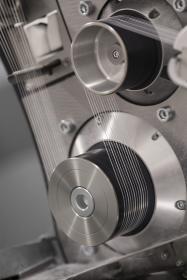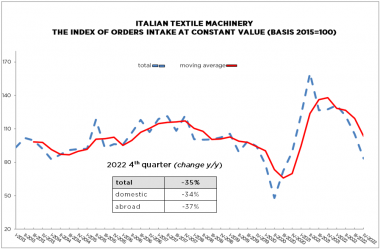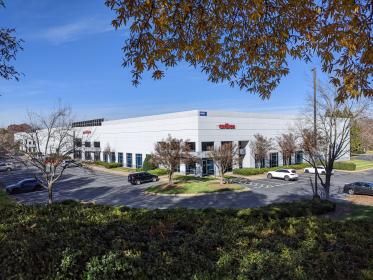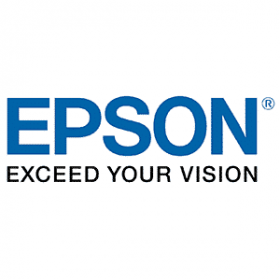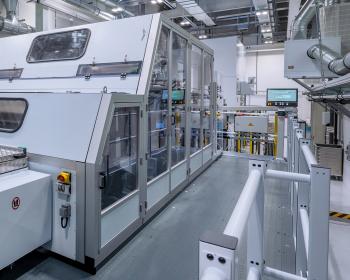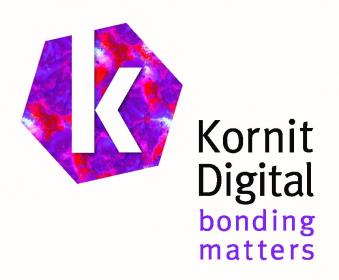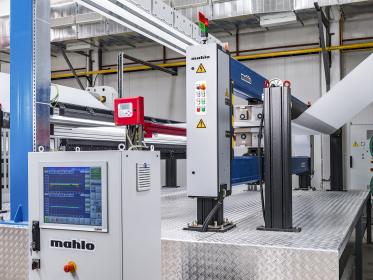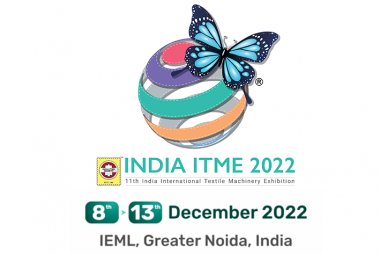SHIMA SEIKI at FIMEC 2023
Flat knitting solutions provider SHIMA SEIKI MFG., LTD. of Wakayama, Japan, together with its Brazilian representative BRASTEMA TECNOLOGIA TEXTIL LTDA., will participate in the FIMEC 2023 46th International Fair of Leather, Chemicals, Components, Machinery and Equipment for Footwear and Tanneries in Rio Grande do Sul, Brazil next month.
Working off the recent trend in knitted shoe uppers in the athletic footwear market, SHIMA SEIKI proposes knitted fabrics to the general footwear market as an alternative to leather. To that end SHIMA SEIKI will be showcasing the latest applications of computerized flat knitting technology to demonstrate its contributions in this field.
As pioneer of WHOLEGARMENT® knitting technology whereby the knitted product can be produced in one entire piece on the machine without linking or sewing, the company is showing the MACH2XS WHOLEGARMENT® knitting machine for the first time at FIMEC. MACH2XS features 4 needle beds and SHIMA SEIKI's original SlideNeedle™, capable of producing high-quality fine gauge WHOLEGARMENT® products in all needles. Proposals include WHOLEGARMENT® sportswear as well as seam-free shoe uppers. For conventional shaped knitting of shoe uppers, the SVR123SP machine features a loop presser bed that permits inlay technique for producing hybrid fabrics with both knit and weave characteristics, suited to shoe upper applications that require form-fitting function, comfort, flexibility, breathability as well as strength and stiffness. SVR123SP furthermore features i-Plating inverse-plating capability for increased patterning capability, including the production of jacquard-like patterns in light-weight plain jersey stitch. Also on show will be the compact SVR093 machine with a short knitting width intended for knitting shoe uppers. Both SVR machines feature such SHIMA SEIKI innovations as DSCS® Digital Stitch Control System, spring-type moveable sinker system, stitch presser, yarn gripper and cutter, and takedown comb. Made-in-Japan quality, reliability, productivity, user-friendliness and cost-performance all combine to satisfy the high expectations of the world's shoe industry.
SHIMA SEIKI’s SDS®-ONE APEX4 3D design system will also be available for demonstrations in design and simulation suited to shoe production. Of particular interest is its ultra-realistic simulation capability that realizes Virtual Sampling. When countless variations must be evaluated before arriving at a final design, virtual product samples can be used to streamline the decision-making process by minimizing the enormous amount of time and cost normally associated with producing actual samples for each variation. The sustainability factor is also undeniable.
Shima Seiki











